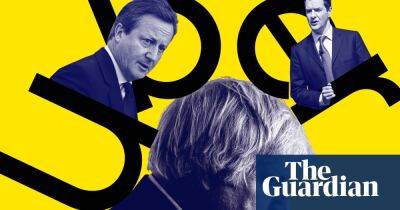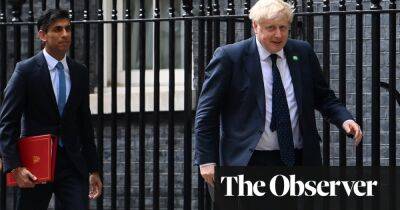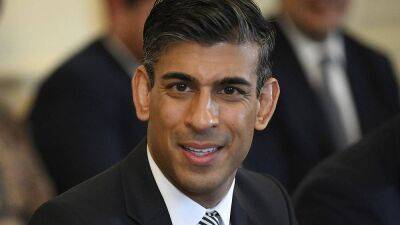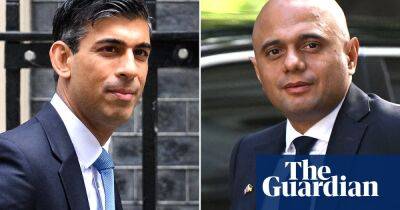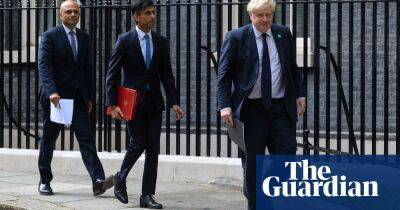Sunak needs coherent plan with serious firepower for great economic escape
Britain’s economy is at a turning point. Growth is slowing, with the rising chance of recession, inflation is at the highest level for 40 years, and expected to hit 11% this autumn as the country suffers an earlier and more painful economic firestorm than most other nations.
That it was considered big news for the governor of the Bank of England to spell out these uncomfortable home truths this week was perhaps surprising given the regular drip-drip of economic pain that has sent confidence among consumers to its lowest depths since the 1970s.
The important question though is how we react. And therein lies a problem. For the government, it isn’t so much where Britain turns next but what can be done to save Boris Johnson’s floundering leadership.
As much of the UK struggles with the soaring cost of living, rival Conservative factions push their own agenda. A growing laundry list of ideas has been floated, often with conflicting demands: tax cuts are to be prioritised, yet funds for more military spending are demanded; the public sector is to be slashed, despite promises of levelling-up, as well as more teachers, nurses and police. Last autumn, Johnson wanted a high-wage economy, now he warns against bigger pay rises.
All this suggests the lack of a coherent economic plan, which is bad enough for a government in normal times but in the middle of the biggest hit to living standards since the 1950s is a dangerous abjection of responsibility.
This month, Johnson and the chancellor, Rishi Sunak, are expected to relaunch their economic policy in a joint speech. After announcing £37bn of financial support for households this year, the focus is likely to be the long-term plan for tackling the cost of living squeeze.
High on the list
Read more on theguardian.com








